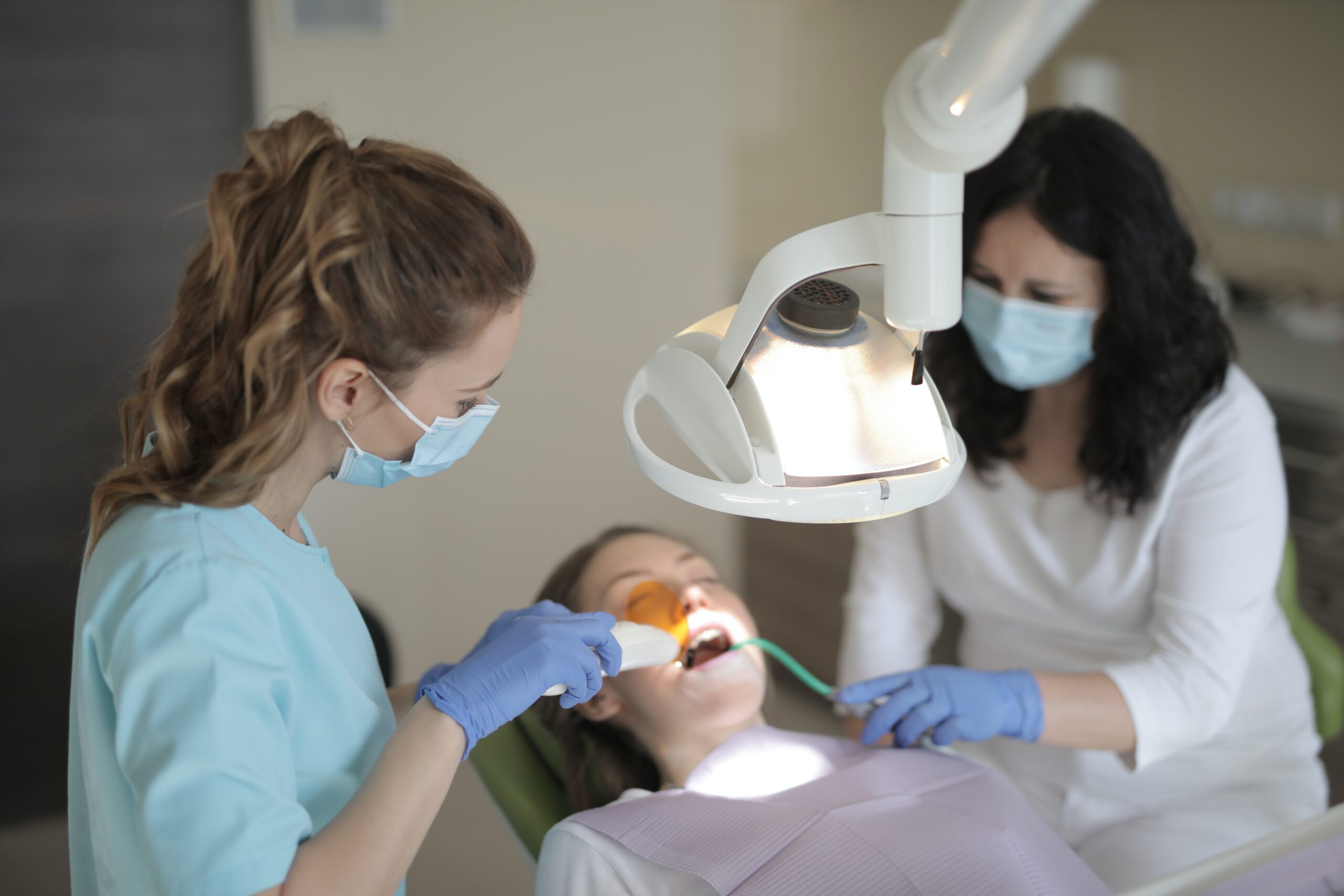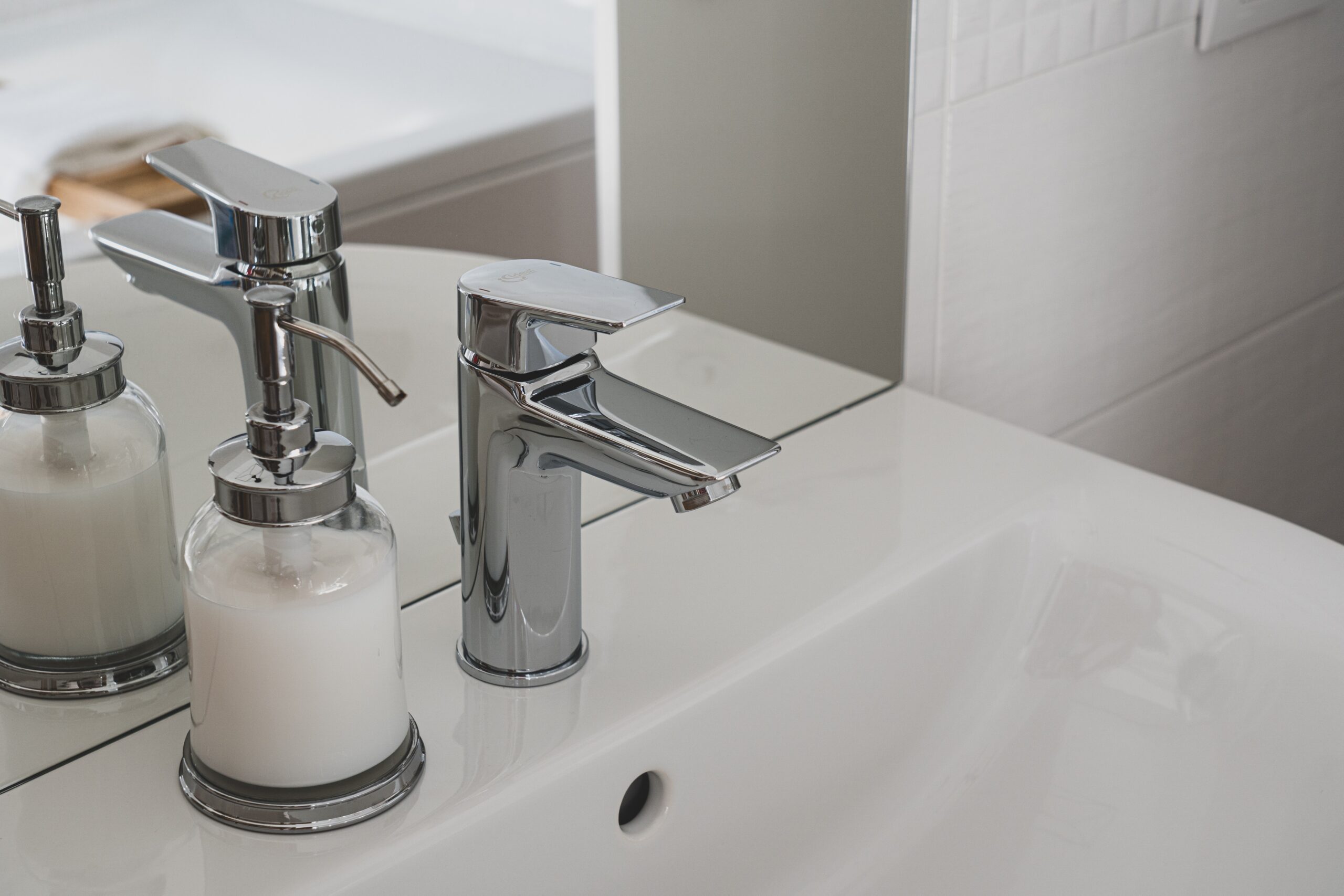
How to Keep the Air Your Patients Breathe Safe from Virus
While a dentist’s job is to look after their patients’ oral health, in practice that work is closely connected to a patient’s overall health. After all, untreated dental problems can lead to more serious medical problems. Now, however, dentists must also reevaluate their office practices, as the types of infection control protocols that were once considered appropriate are not designed to meet the threat presented by COVID-19.
Before, safety protocols were primarily concerned with protecting dentists and their patients from the transmission of blood-borne pathogens. However, COVID-19 is thought to spread mainly through respiratory droplets during close person-to-person contact. When someone who is infected coughs or sneezes, these drops spray out into the air to infect those around them. In an indoor space, there’s a significant potential for those droplets to linger.
Current health guidelines strongly recommend the wearing of masks when you’re out in public, in combination with maintaining a distance of six feet from other people, to prevent exposure to respiratory droplets. While these practices are effective, neither can be used by patients receiving dental care, although their providers can wear masks and face shields. In order to safeguard patient health, it’s necessary to take steps to ensure the quality of the air they’re breathing in your office.
The first step is to have air scrubbers installed. These devices are designed to remove contaminants from the air in a given space, actively removing pollutants from the air. In sealed modern buildings, it’s not uncommon for particles and gases to build up, making indoor air much “dirtier” than you would expect. An air scrubber typically cycles the air 6 times per hour, removing irritants. In order to determine the correct type and size of device for your space, you should consult a professional heating, ventilation, and air conditioning specialist.
Merely cycling air through an indoor space is not enough to clean it, though. Your new system should be outfitted with HEPA filters to ensure that whatever is pulled from the air is trapped safely away, rather than being blown from one treatment room to another. To qualify as a HEPA (high-efficiency particulate air) filter by U.S. government standards, a filter must remove 99.7% of 0.3 micrometer particles from the air. This type of filter traps all kinds of fine particles, such as mold and pollen. For maximum effectiveness, the filters in your system should be changed regularly.
We know that when dental offices reopen, we’ll need to do things differently to protect our patients’ health. At Dr. Alan Stein’s office, we’re already making the necessary changes so that when we welcome our regular patients back, we’ll be ready. From additional hand sanitizing stations, a reconfigured waiting room, plexiglass dividers, increased use of personal protective equipment, and more, we’re rethinking every aspect of patient care to keep you safe. If you’d like to know more about our efforts to protect our patients from COVID-19, please don’t hesitate to reach out to us at 818-772-1280 or [email protected].




